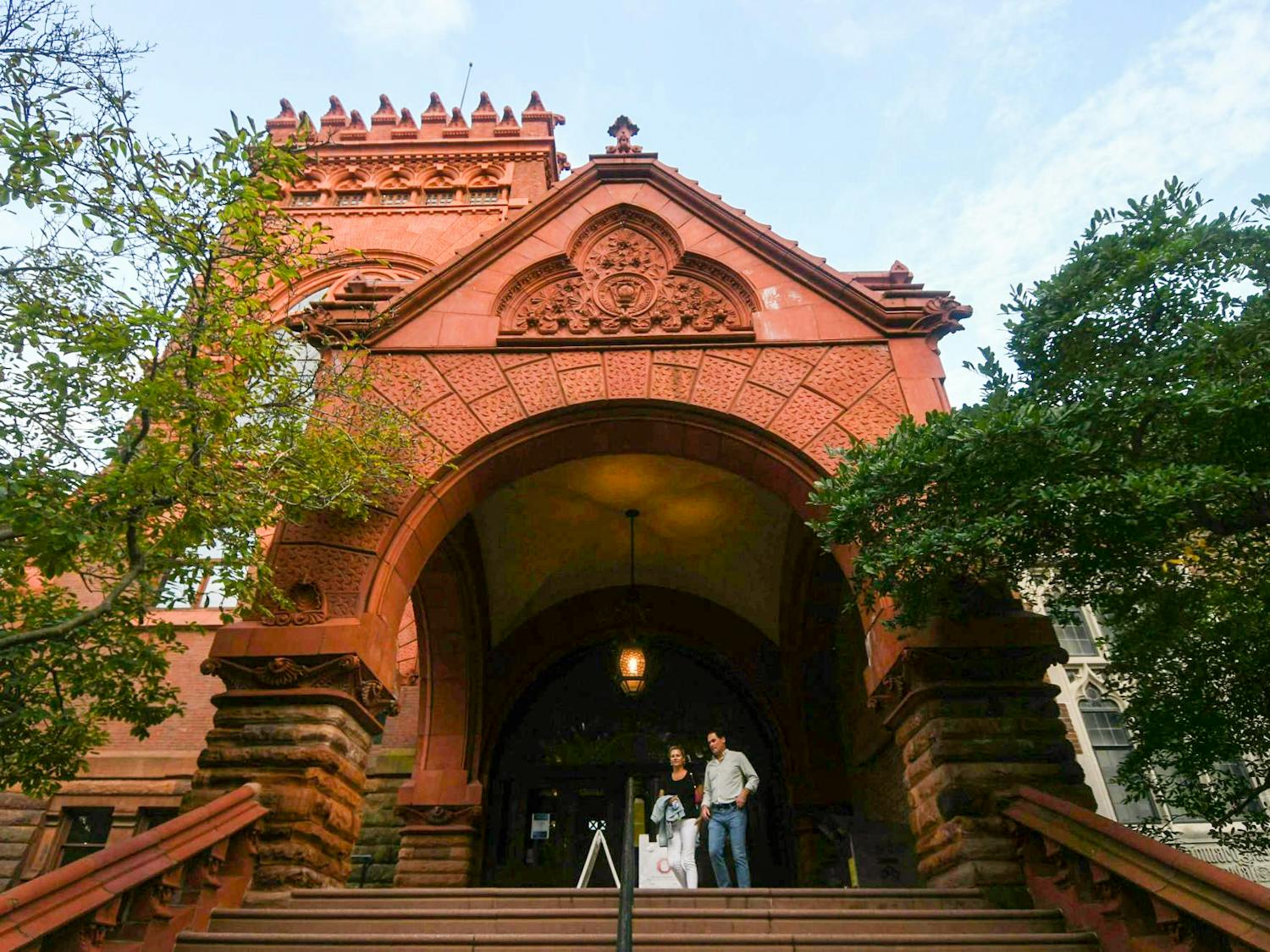Academically Based Community Service courses serve as the core of the services of the Netter Center for Community Partnerships. With the aid of the Netter Center, these ABCS courses give students and faculty the opportunity to interact with students in West Philadelphia.
One such class, "Nutrition Throughout the Lifecycle," looks at the importance of proper nourishment on the human body.
The ABCS courses and their content areas stretch across a wide array of subjects, from solving critical issues relating to the environment to arts and education and their advancement in West Philadelphia schools.
“Nutrition Throughout the Lifecycle” is taught by Monique Dowd, a faculty lecturer in the School of Nursing. Beginning with pre-pregnancy and moving to foods and diets necessary to maintain a healthy body in the preparation for a future pregnancy, students in the course learn about every life stage up to and including elderly life.
“The course explores the social and cultural impact of nutrition uptake, in particular nutritional needs versus nutritional intake,” Dowd said.
In the course, the class' 10 students are split into groups, each targeted to four different community outreach programs: Fruit Stand Mentor, Cooking Crew Chef Mentor, Rebel Ventures and Packaging Volunteer and the Mercy LIFE program.
In order to participate in these programs, students must receive clearance from the Netter Center and are required to work two to four hours weekly in their assigned projects.
The Fruit Stand Mentor program provides students with a means to actively engage students in healthy living. This group students in participating public schools to learn not only basic entrepreneurship skills but also to promote healthy eating after school.
RELATED:
Netter Center uses Alumni Weekend to engage the community
Penn students create community service based writing seminar
“[The Fruit Stand] provides a healthy alternative for students instead of going to the corner store to buy a bag of chips,” Dowd said.
The Cooking Crew Chef Mentor and the Rebel Venture programs, meanwhile, bring the students to the forefront of the creation and distribution of nutritional Rebel Venture bars.
Unlike other programs offered in the course, the Mercy LIFE program is does not coordinate with the Netter Center, since students who are part of this group do not interact exclusively with children in West Philadelphia schools.
Instead, students visit Mercy LIFE, a nationally recognized Program of All-Inclusive Care for the Elderly (PACE), where they educate the elderly patrons on a wide array of matters, from pro-biotics to controlling sugary foods for diabetics.
The elderly patrons who regularly come to watch the students are pleased to learn about nutrition.
“I enjoy when the students come. We learn so much,” one frequent visitor said.
Another Mercy LIFE senior citizen, who has diabetes, commented that the program has helped him realize how he can change his own diet by controlling his sugars.
As for the students who come to Mercy LIFE, the experience is as rewarding for them as it is for their senior citizen participants.
“I learned a lot more from them than they were learning from us," Nursing sophomore Kayla Penniman said. "You learn a lot from the people in addition to the nutrition.”
“The great thing about ABCS courses is that you are not only teaching them. You are also interacting with them and create these stable friendships,” Nursing sophomore Justine Rutyna added.
Too often, Penn students become enveloped in the bubble that is University City.
But for those in this course, their college experience is one of learning — not only in a classroom, but also in the community that surrounds them.









